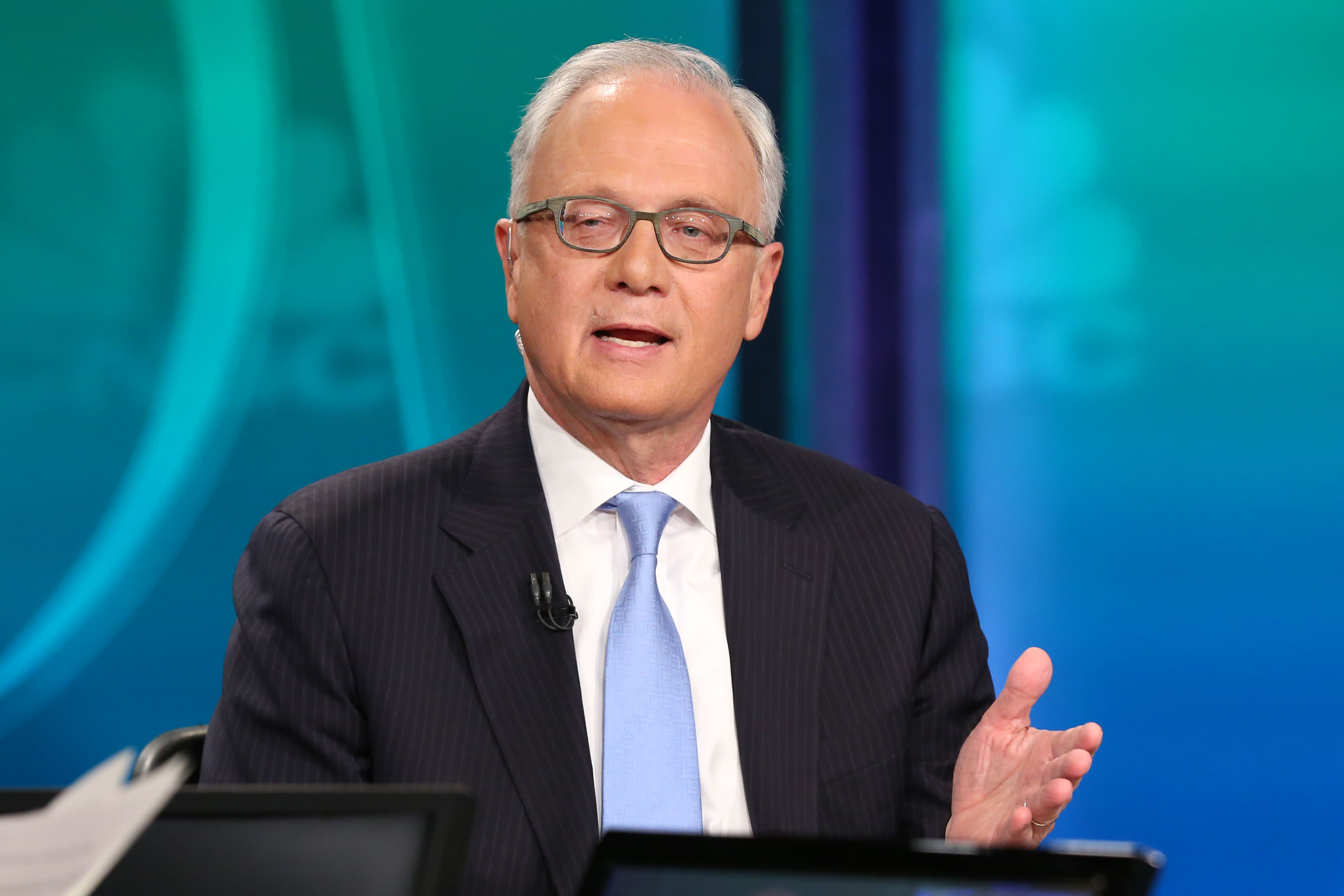Long-time market bull Ed Yardeni is getting nervous for the first time since the March 23 rebound.
He warns new risks from the U.S. surge in coronavirus cases to renewed tensions with China could spark a 20% to 30% meltdown.
“We’ve had a melt-up and that’s very visible in valuation multiples. Stocks are not cheap, ” the Yardeni Research President told CNBC’s “Trading Nation” on Friday. “On top of that, we don’t seem to be handling the opening up of our economy and social distancing to minimize the flare-ups of the virus as well as they’re doing in some parts of Asia and Europe.”
When the Federal Reserve took unprecedented measures to keep the Street and economy working in late March, Yardeni told investors a V-shaped recovery was in the works.
Yardeni, who spent decades on the street running investment strategy for firms including Prudential and Deutsche Bank, expected the economy to catch up with the market’s upside performance.
“There have been a lot of positives. The biggest, of course, is don’t fight the Fed. The Fed has come in with a huge amount of liquidity,” said Yardeni. “In addition to that, some of the macro economic data has been surprisingly strong. We’ve had a really good rebound in some of these indicators like retail sales.”
But now, he fears a changing backdrop could hurt investors who have most of their money in U.S. stocks.
“We’re seeing major states reversing the reopenings of their economies. So, all this good news we’ve gotten in May and June on the economic front, including even the unemployment numbers, is vulnerable,” Yardeni noted. “On top of all that we’ve got an increasingly and potentially dangerous conflict between the United States and China escalating again.”
Even though Yardeni believes the U.S. remains in a long-term bull market, he wants to be prepared for all potential scenarios.
One of his plunge protection solutions: Target less volatile regions with fewer virus cases — particularly China, Japan and Europe.
“Those markets are a heck of a lot cheaper than ours when you look at forward P/Es [price to earnings],” he added. “It may be time to start looking overseas to see if there are better values with solid growth stories.”
Yardeni also warns the November presidential election could deliver a jolt of volatility to the market, and his clients are asking more questions about what happens if Joe Biden wins and the Democrats sweep the government.
“There is concern that such a radical change in policy making — particularly with more government spending on more government programs including regulation… could be a negative for the stock market,” Yardeni said. “I’m thinking about that as well, but I think it’s a little early for us to be concerned it’s going to be reflected in the market.”
